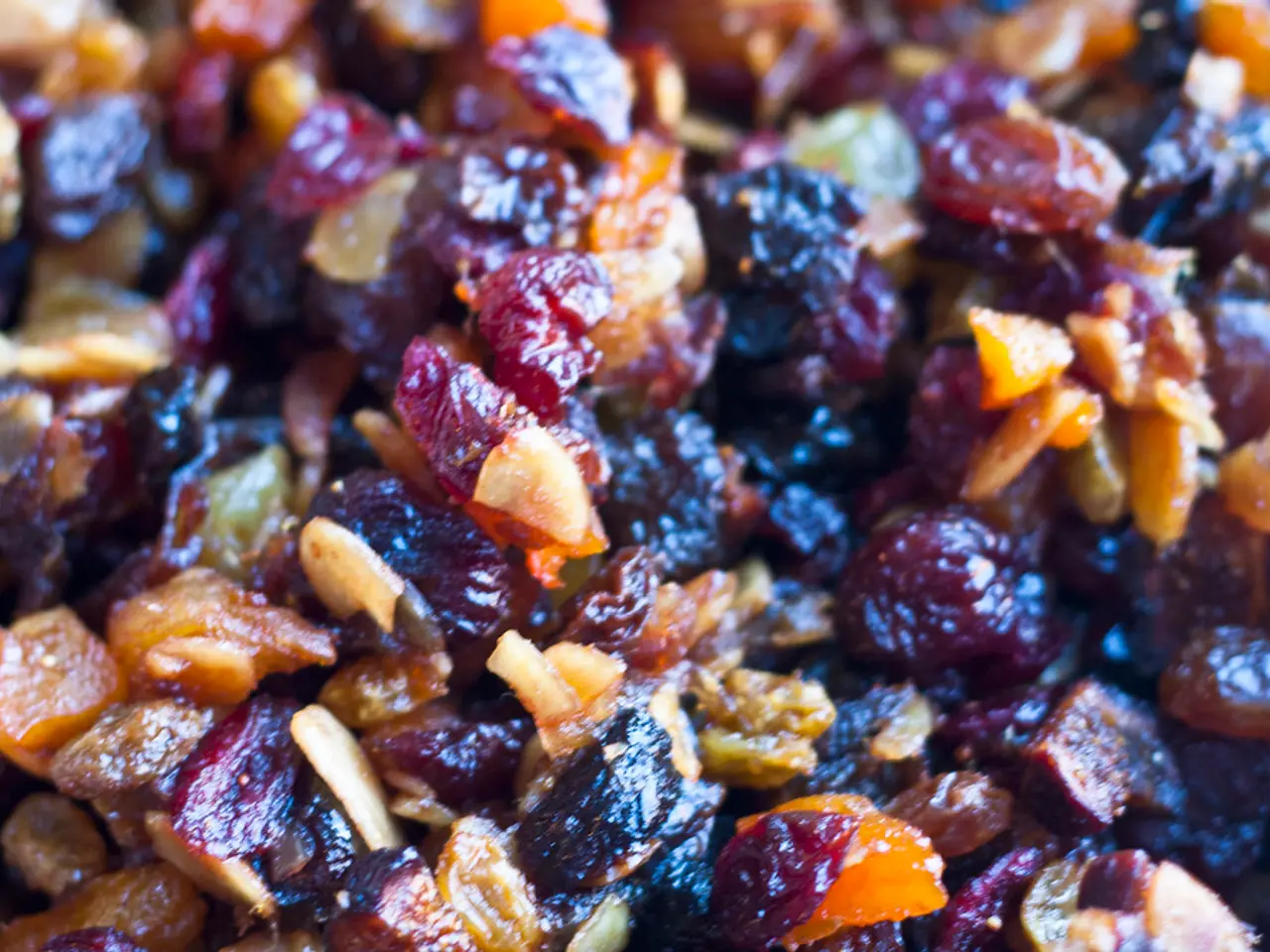Live Off Greens
Incorporating a well-planned vegan diet into your lifestyle can provide all the necessary nutrients for optimal health. Here's a guide to help you make informed choices.
Fortified Foods
Certain mushrooms, exposed to UV light, can provide vitamin D, an essential nutrient for bone health and immune function. Many plant milks and orange juices are also fortified with vitamin D. Fortified foods like plant milks, breakfast cereals, and nutritional yeast can provide B12, a nutrient primarily found in animal products and a key concern for vegans.
Key Nutrients
Key nutrients to pay attention to on a vegan diet include Vitamin B12, Iron, Calcium, Omega-3 Fatty Acids, Vitamin D, Protein, Zinc, and Iodine.
Vitamin B12
Vitamin B12 is crucial for nerve function and red blood cell production. While it's abundant in animal products, a B12 supplement is often recommended for vegans. A B12 supplement, in consultation with a healthcare provider, can ensure you're meeting your daily needs.
Iron
Iron is essential for transporting oxygen in the blood. While plant-based foods contain iron, it's in a less absorbable form. Sources of iron for vegans include lentils, beans, spinach, chickpeas, quinoa, tofu, and fortified cereals. To enhance iron absorption, pair iron-rich foods with vitamin C sources.
Calcium
Calcium is crucial for bone health. Sources for vegans include leafy greens, fortified plant milks, and seeds and nuts like almonds and chia seeds.
Omega-3 Fatty Acids
Omega-3 fatty acids are important for heart and brain health. While they're abundant in fish, vegans can source them from flaxseeds, chia seeds, hemp seeds, walnuts, and soybeans.
Protein
Beans, lentils, and chickpeas are not only high in protein but also fiber. Quinoa and whole grains are complete proteins that contain all nine essential amino acids.
Zinc
Zinc is important for immune function and wound healing. Soaking beans and grains, or sprouting seeds, can enhance zinc absorption. Opt for chickpeas for a rich source of zinc.
Iodine
Iodized salt can help meet your iodine needs. Incorporate foods like nori, dulse, or kelp into your meals for iodine. A vitamin D2 or vegan D3 supplement may be necessary, particularly in winter months.
Balanced Plate
To construct a balanced meal, fill half the plate with colorful vegetables and fruits, one quarter with whole grains, and one quarter with a source of protein. This approach ensures you're getting a variety of nutrients in each meal.
For a comprehensive understanding and prevention of nutrient deficiencies in a vegan lifestyle, consider the ecodemy, a renowned distance learning school for vegan nutrition in Germany. Their expert nutritionists and coaches provide scientifically based education and resources.
By making informed food choices and incorporating a variety of nutrient-dense foods, a well-planned vegan diet can provide all the necessary nutrients for optimal health.
Read also:
- Peptide YY (PYY): Exploring its Role in Appetite Suppression, Intestinal Health, and Cognitive Links
- Toddler Health: Rotavirus Signs, Origins, and Potential Complications
- Digestive issues and heart discomfort: Root causes and associated health conditions
- House Infernos: Deadly Hazards Surpassing the Flames








